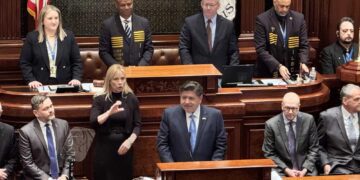Economic issues entail first and foremost a stewarding of resources. To properly understand this task, we must begin with the doctrines of creation and providence. Our mandate, based on creation (which has not been overturned or altered), is that we co-create (with God, based on the imago Dei, his likeness); that we develop, shape, and extend what God has called into being. Therein we utilize the endless and varied resources that he has placed at our disposal, in addition to our personal gifts and abilities. Principles of stewardship, it needs to be emphasized, flow from and are anchored in the doctrine of creation. According to the Genesis narrative, humankind is to develop as coregents all that God has created.
Principles of stewardship, furthermore, also derive from the doctrine of divine providence, by which we understand that all things are sustained continually by the Sovereign Lord God Almighty, the Creator. This process — what theologians call the period of the “already but not yet” (accomplished through the cross and resurrection but awaiting total fulfillment) — finds its consummation in the eschaton, at which time creation is not simply thrown on a cosmic ash heap but rather continues, though transformed. The new heavens and new earth mirror the fact that what has been called into existence by the Creator does not cease to be; rather, it continues, albeit in a transformed and glorified state. The reality of the doctrines of creation and providence undergird the important — though neglected — doctrine of judgment according to works. This doctrine neither plays on the Catholic tendency toward justification through works nor the Protestant tendency to neglect the importance of our earthly works.
More HERE







